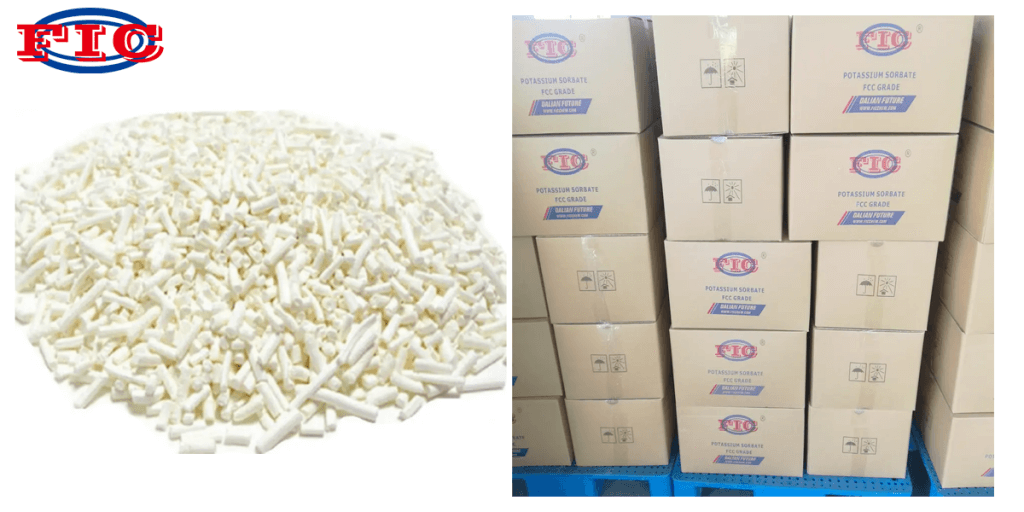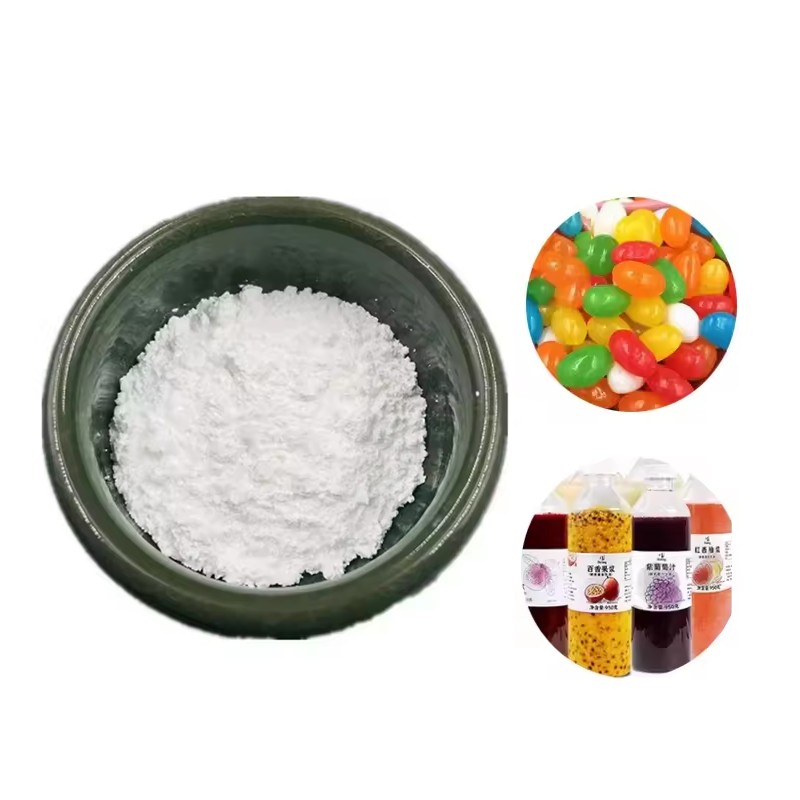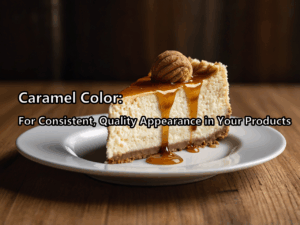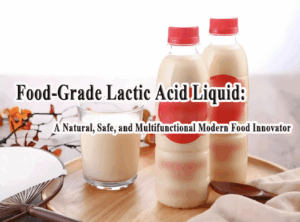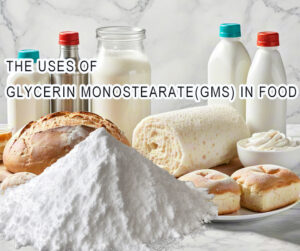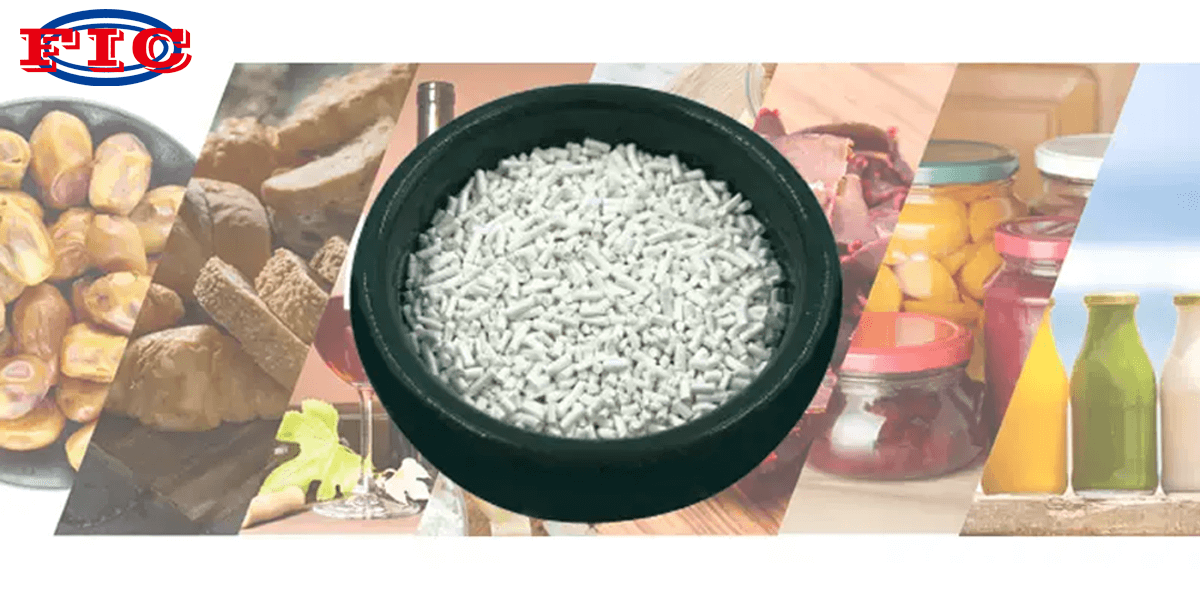
kalijev sorbat
Potassium sorbate is a potassium salt of sorbic acid, with a molecular formula of C6H7O2K. It is a white to light yellow flake like crystal, crystal particle, or crystal powder, odorless or slightly odorous, and is prone to moisture absorption and oxidation decomposition when exposed to air for a long time, resulting in discoloration. Easily soluble in water, soluble in propylene glycol and ethanol. Often used as a preservative, potassium sorbate can fully exert its anti-corrosion effect in acidic media, but its anti-corrosion effect is small under neutral conditions.
Potassium sorbate, as a food preservative, is widely used in the food and feed processing industries, as well as in industries such as cosmetics, cigarettes, resins, spices, and rubber. However, it is most widely used in food preservation and feed.
Potassium sorbate can be used in animal feed. It can inhibit the growth of mold in feed, especially the formation of aflatoxin, which has a very significant effect. Therefore, adding potassium sorbate can effectively prevent feed spoilage and can still resist microbial growth in animal intestines.
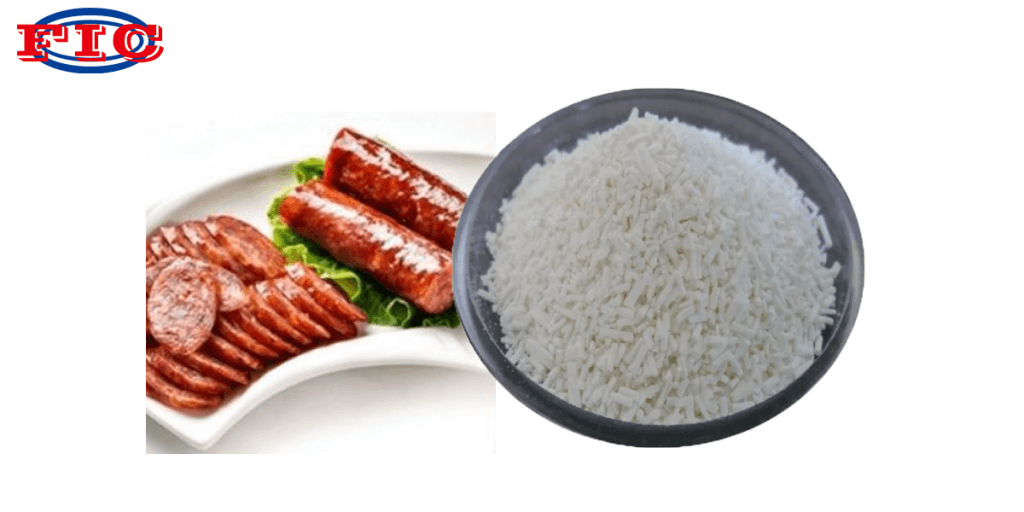
Food applications:
Potassium sorbate is widely used as a food preservative. In 1982, China approved its use and issued a standard, which stipulated that the allowable concentration in flour products, Pickled vegetables, cans, dried fruits, dairy products and condiments was 0.02%~0.1%. Adding 1% potassium sorbate to meat products can significantly inhibit the production of Clostridium botulinum toxin. At the same time, sorbic acid is widely used in low alcohol alcoholic beverages such as alcohol, beer, and wine, and has ideal preservative effects.
Application in vegetables and fruits:
If fresh vegetables and fruits are not treated with anti-corrosion and preservation in a timely manner, they will quickly lose their luster, moisture, dry and wrinkled surfaces, and are prone to mold causing decay, resulting in unnecessary waste. If potassium sorbate preservative is used on the surface of vegetables and fruits, it can be stored for up to a month at temperatures up to 30 ℃, and the greenness of vegetables and fruits can also be maintained unchanged.
Application in meat products:
Smoked ham, dried sausages, dried meat, and similar dried meat products are briefly soaked in an appropriate concentration of potassium sorbate solution to achieve preservation and preservation. You can also directly add an appropriate amount of potassium sorbate to ordinary meat and meat fillings for preservation and preservation. Fresh poultry meat sprayed with potassium sorbate preservation solution on the surface significantly prolongs the time of spoilage compared to similar foods that have not been sprayed with preservation solution, and the preservation time is twice that of the comparison sample.
Application in soy sauce and pickled vegetable products:
Adding an appropriate amount of potassium sorbate to soy sauce can store it at high temperature for 70 days without causing spoilage and mold. When using potassium sorbate to preserve beetroot, pickled cucumbers, and other pickled products, an appropriate amount of potassium sorbate can be added to vinegar containing salt. Kimchi is preserved and preserved by directly adding a mixture of salt and potassium sorbate.
Application in pastries:
When potassium sorbate is used as a preservative for pastries, it should first be dissolved in water or milk, and then directly added to flour or dough. When using potassium sorbate for preservation and preservation of starch foods, it is best to first acidify the material with a small amount of vinegar, as potassium sorbate has the best antibacterial and anti-corrosion effect when it is in an environment with a pH value below 5-6.
Application in beverages:
Potassium sorbate can be added to various beverages such as fruit and vegetable juice drinks, carbonated drinks, protein drinks, etc. The addition of potassium sorbate greatly prolongs the shelf life of products.
Application in Candy and Candy Products:
Peanut sugar, almond sugar, and general sandwich sugar can be directly added with an appropriate amount of potassium sorbate for preservation. In order to ensure the anti-corrosion and fresh-keeping effect of some high sugar content candy products, the amount of potassium sorbate added should be appropriately increased.
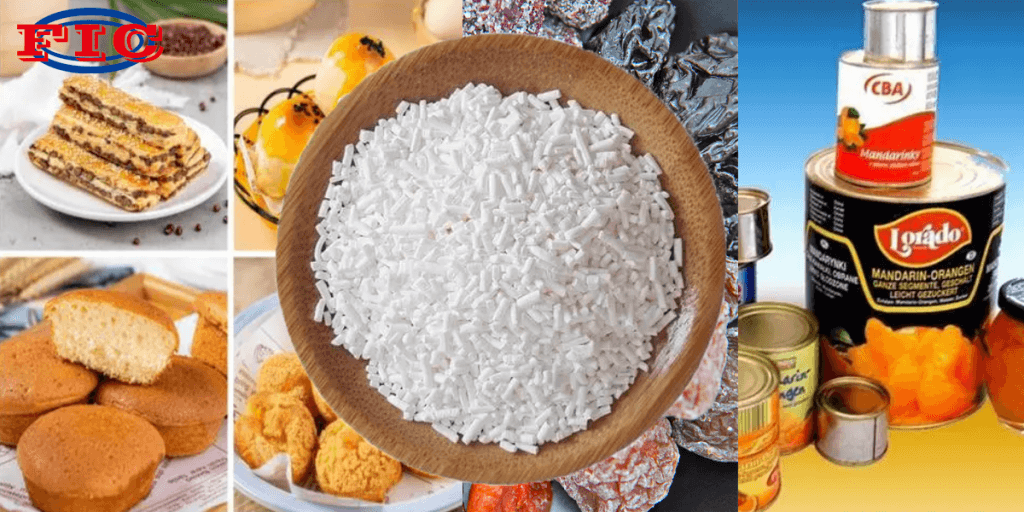
Is potassium sorbate harmful to the human body?
As an acidity regulator, potassium sorbate can control the acidity and alkalinity of food, making the taste more balanced; In addition, as a flavor enhancer, potassium sorbate can also enhance the acidity and taste of food, making it more delicious.
Potassium sorbate, as a highly used preservative, not only has the properties of unsaturated fatty acids, but also has functions such as anti-corrosion, quality preservation, and flavor enhancement. It can be metabolized normally and is harmless to the human body.
Future outlook:
Potassium sorbate has been recommended by the Food and Agriculture Organization of the United Nations as a safe and efficient food preservative. Potassium sorbate has the characteristics of low toxicity, good anti mold effect, unchanged original properties of food, convenient use, and wide application range. Therefore, many developed countries abroad have already used potassium sorbate as a good and efficient preservative, widely used in food. With the continuous breakthroughs in production costs and technology, potassium sorbate, as a low toxicity, safe, and efficient food preservative, will continue to expand its application scope.
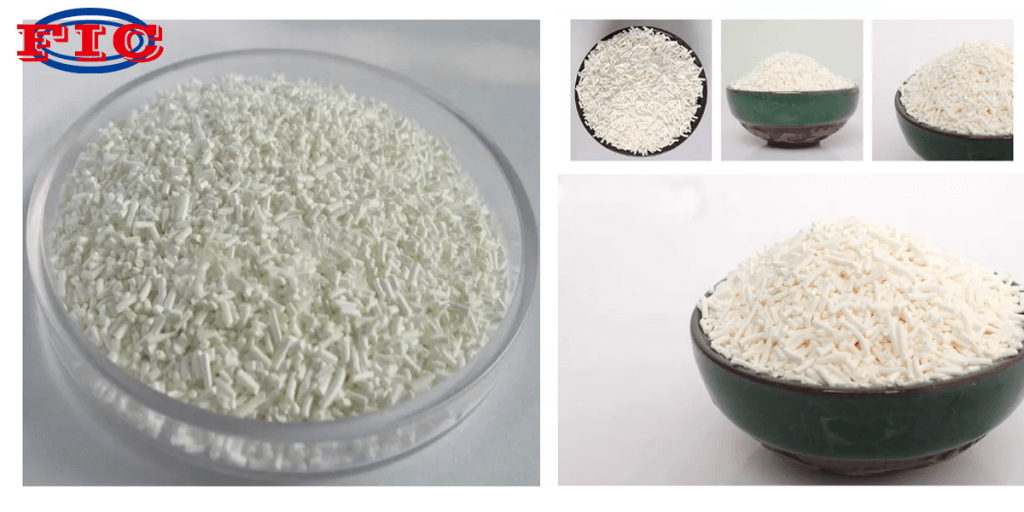
Choose us!
If you are interested in potassium sorbate and need to purchase it, please do not miss FIC! We have rich experience in foreign trade exports and collaborate with world-class factories to support customization and free samples. Please feel free to contact us. We are always at your service.
